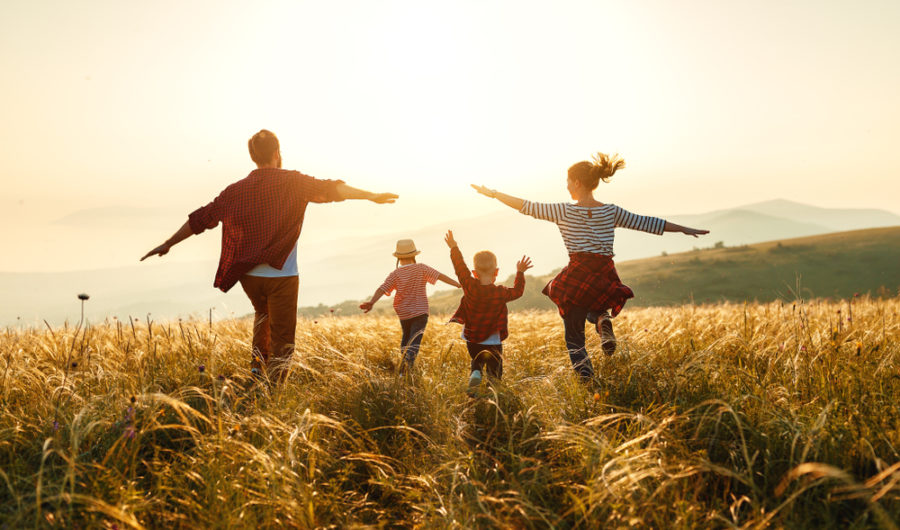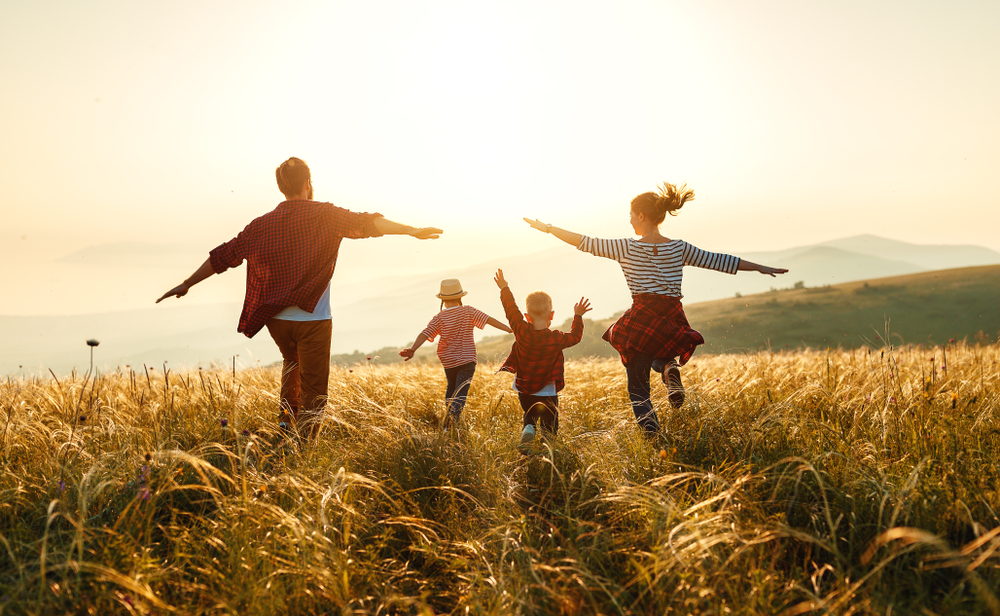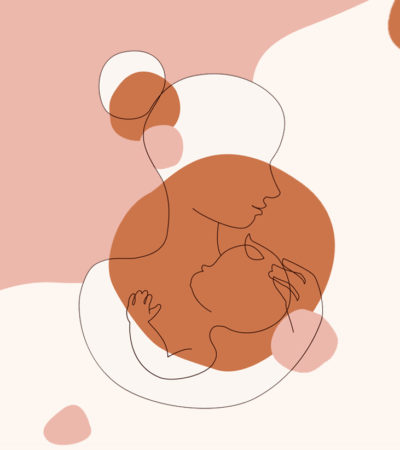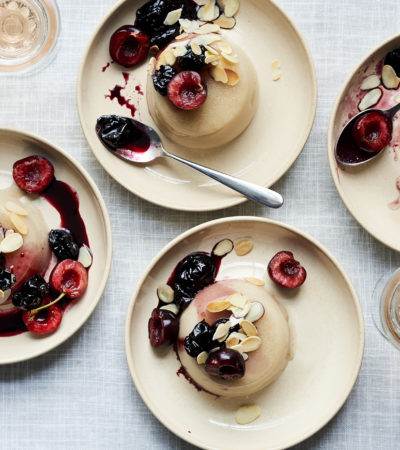It’s been a stressful time for everyone since the pandemic started but for parents and children, it’s been particularly difficult. Mums, dads and parental carers all over the world have had a juggle like no other and children have suffered immensely with inconsistent classroom teaching, home-schooling and lack of important social interactions.
We’ve all experienced stress these past few months and our mental wellbeing has never been more important to focus on. As a parent, your child’s mental health will naturally be of the utmost priority and finding ways to help them combat stress and channel energy in positive ways is crucial for getting them through this challenging time.
Education expert and founder of The Profs, Richard Evans, has shared 5 mindfulness activities you can practice with your children. Remember, it’s important to press pause on your daily activities to absorb everything around you.
Freeze dance
Dancing is a great way to get your kids moving and start their adrenaline. Freeze dance is musical statues, but in a way that helps children be mindful of movement. Create a playlist of their favourite songs and let your child know they have the option of moving in ways that feel right to them but also be aware of surroundings and each other. To create a mindful environment, ask some purposeful prompts that will allow them to notice how they feel. They can reflect on the wonder of moving and then being still, freezing in certain shapes or animals or freezing in ways that reflect the song. Once finished, validate their experience by gaining their thoughts on how they feel now the activity has ended.
Gratitude
We teach our children to say thank you in exchange for a kind gesture, which then becomes a reflex your entire life. But does your child truly understand what they are thankful for? Building an understanding of gratitude takes practice but can lead to heightened sensitivity to the experience of gratitude in the future. This simple exercise will train your child. Start by making them aware of ‘thank you’, do they say it quick without thought? Next, set your child the task of stopping in the moment and identifying out loud what they feel thankful for. This will create a mindful awareness of being grateful.
Mindful colouring
Colouring is key in developing calm and creative skills. Mindful colouring allows us to focus on how we choose and apply colour in a particular design to carry our awareness to the present moment. Explain beforehand there is no right or wrong way to colour, it’s a form of self-expression. To ensure your child maintains focus on the now, encourage them to be vocal about what they’re doing with their colours.
Glitter jar
Creating a glitter jar is a fun afternoon activity that represents the mind settling. Children sometimes act out on their problems, rather than sharing them verbally. A glitter jar acts as a powerful metaphor for mindfulness vs the chaos of life. Using a container, either a mason jar or a water bottle, fill to the top with water. Add some glycerine so the water reduces the fall of the glitter. Have your child pick three colours, one to represent thoughts, one for feelings and the other for behaviour. As you slowly drop the pinches in, ask them what things will make the glitter swirl e.g., distressing events such as losing in sports. On each occasion, swirl and turn the jar identifying the difficulty in tracking our feelings.
Nature walk
A nature walk will encourage your child to use their 5 senses and connect to the world around them. Before the walk, ask your child to take 3 deep breathes and verbally express how they feel about going on this walk. Once started, it’s natural for your child to be excited and start running and exploring. Ensure you ask them questions about their observations such as the texture of plants, the colour of the sky and the smell of the leaves or flowers. Prompt them to close their eyes and take in deep breaths to be at one with their surroundings. After the walk, debrief about what they learnt and anything that stood out to them. This will allow them to reflect on how their mind and body is now feeling post-walk.
READ MORE: “6 Things I’ve Learnt About Parenting During COVID Times”














